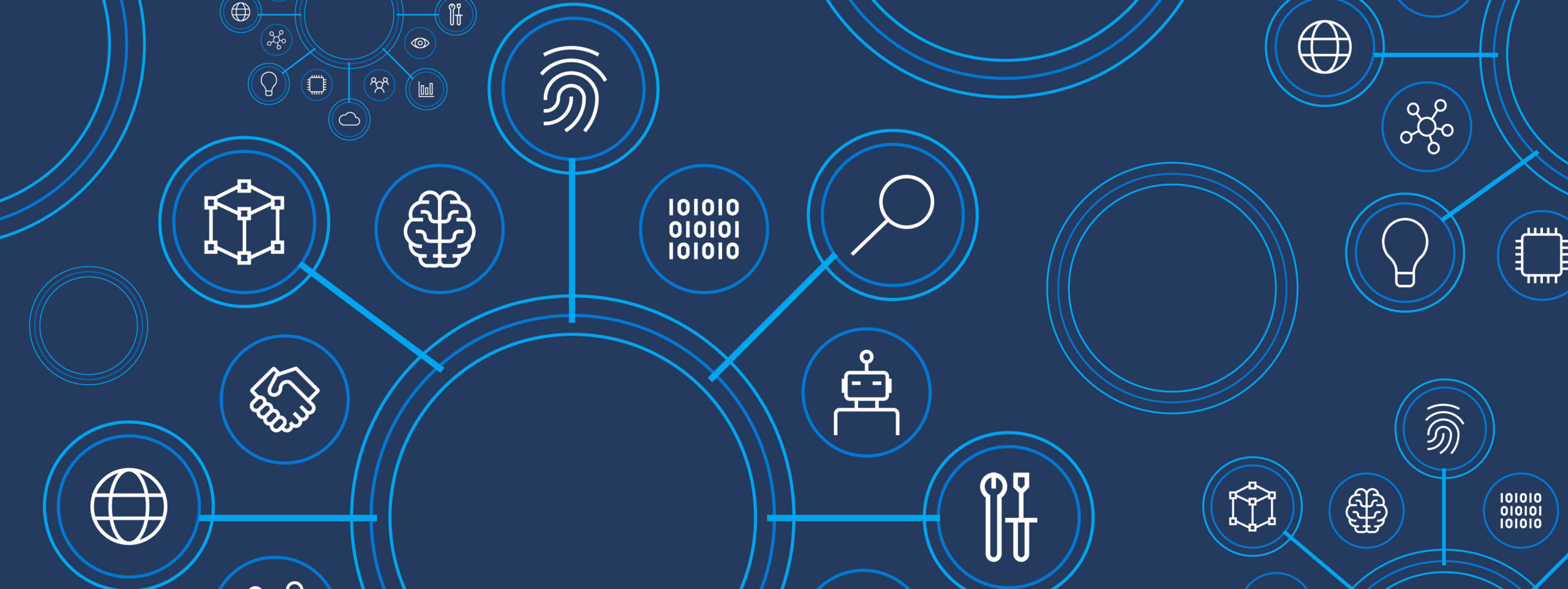Tuesday, April 13 | 2:15 PM – 3:25 PM EST
One the day of the workshop, select one of the following breakout sessions to attend.
Breakout Session A: Generalization Failures in Deep Nets
Facilitator:
Alessandro Sordoni, Microsoft Research Montreal
Remi Tachet des Combes, Microsoft Research Montreal
Panelists:
Sara Hooker, Google Brain
Gauthier Gidel, Université de Montréal and Mila
Aaron Courville, Université de Montréal and Mila
Abstract:
Although large (overparametrized) deep neural networks do wonders, level-5 autonomous driving appears still out of reach. In this short and speculative session, we won’t brainstorm about autonomous driving (yet), but instead will question how deep nets behave in the long tail, on adversarial examples, with spurious correlations and more generally out-of-distribution. We will hear about some generalization failures of deep nets as well as recent approaches that have been explored to fix them. This breakout is intended to be for both Neural Nets lovers and skeptics
This session will start with a panel discussion, followed by a live Q&A with participants.
Breakout Session B: FATE Concerns in NLP
Facilitators:
Alexandra Olteanu, Microsoft Research Montreal
Su Lin Blodgett, Microsoft Research Montreal
Panelists:
Amandalynne Paullada, University of Washington
Hal Daume III, Microsoft Research New York City
Jackie Cheung, McGill University and Mila
Solon Barocas, Microsoft Research New York City
Abstract:
In this breakout session we will discuss existing concerns related to the fairness, accountability, transparency and ethics (FATE) of language technologies (and the data they ingest or generate), as these technologies might surface, replicate, exacerbate or even cause a range of computational harms (from surfacing offensive speech or reinforcing stereotypes, to even more subtle issues like nudging users towards undesirable patterns of behavior or triggering memories of traumatic events). How can we reliably measure fairness related harms? Whose data is included when training the model? How do we better foresee potential harms? How do we engage stakeholders? And many other critical questions.
This session will start with a panel discussion, followed by a live Q&A with participants.
Wednesday, April 14 | 2:15 PM – 3:25 PM EST
One the day of the workshop, select one of the following breakout sessions to attend.
Breakout Session A: Memory in RL
Facilitators:
Blake Richards, McGill University and Mila
Guillaume LaJoie, Université de Montréal and Mila
Ida Momennejad, Microsoft Research NYC
Abstract:
The early development of reinforcement learning (RL) was directly inspired by ideas from neuroscience and psychology, but over time, RL produced theories and techniques that bore less and less resemblance to mechanisms in the brain. However, there has been growing interest in the RL community to re-examine the potential for insights about memory in the brain to inform RL. In particular, the brain’s declarative memory systems (episodic and semantic) may provide guidance as to how to build RL systems that can avoid catastrophic forgetting, engage in long-distance credit assignment, and generalize to novel situations. In this workshop we will discuss the work to-date on memory systems for RL, some new insights into memory from neuroscience, and potential future directions in this area.
This session will start with a topic overview, followed by a live discussion and Q&A with participants.
Breakout Session B: Observe, Remember, and Assist
Facilitator:
Andrew McNamara, Turing Montreal
Speakers:
Talk 1: Observe Remember Automation: AI-Assisted Productivity
Tim Franklin, Microsoft
Talk 2: Automating Style Transfer in Office Documents
Tianyu Li, McGill University
Panelists:
Geoff Gordon, Microsoft Research
Gerald Haslhofer, Microsoft
Kaheer Suleman, Microsoft Research
Abstract:
Observe, Remember, and Automate is a formulation of remote process automation whereby we seek to empower users to achieve more. Our goal is to automate as much as possible for users to limit their time on mundane and repetitive tasks. We want to help users optimize their time by making recommendations and predictions based on real time context and actions taking into account everything we’ve observed and remembered from past interactions. This effort requires the combination of various research areas including language modeling, representation learning, computer vision, reinforcement learning, graph representations, and much more.
This session will start with a topic overview, followed by a live discussion and Q&A with participants.

